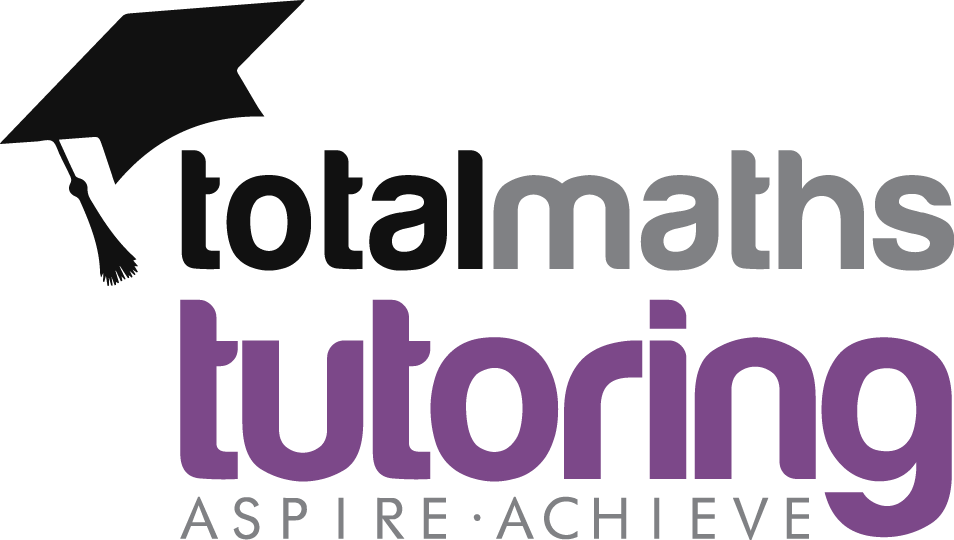5 tips on how to pass your maths GCSE
Take Notes
Notes you have made yourself will make more sense to you when revising for your final exams than any revision guide. Books don’t need to be a work of art, just try and do the following:
- Highlight key diagrams and information to help you find them quickly when revising.
- Leave page one blank in your exercise book, and build your own contents page as you go.
- Write questions, full working and answers. When revising you now have the solution and the full working to use as a model.
- Use your books to create your own revisions cards with keywords and formula.
If your books haven’t been great up until now, and you’re in year 11, this tip is probably coming too late. Your options here are a good revision guide, or even better, a pre made set of revision cards. We recommend the ones from Corbettmaths. These are well made, and available for higher tier and foundation tier. They also have QR codes on the back containing links to videos, exam questions and answers on that particular topic. Well worth a tenner! Please note there are A LOT of cards, you’re going to want to separate them into number, Algebra etc and buy some envelopes to keep them ordered and tidy.
Sleep, eat and drink well
The easiest of these tips to achieve but probably the one that will make the most difference to performance, both in school and in final exams.
Your brain doesn’t work properly and retain information when you’re tired, dehydrated or badly nourished. You need to be aware of the relationship between what you eat/drink and the connotations of this, so you can make more informed decisions and better understand why some days you “just don’t get it”
Get exam trained
Answering the GCSE exam is a skill, sometimes even understanding what the question is asking you is a skill! These are skills which can be learnt and improved through focused practice and gaining an understanding of the different challenges that the GCSE now poses. Potentially consider private tutoring where you have the time to learn these skills and develop them in a controlled and comfortable environment.
Know what you dont know
It is human nature to shy away from our weaknesses and focus on our strengths. It makes us happy to do things we can do. It makes us sad when we can’t do things, unless we have worked hard to develop a growth mindset.
It is important in maths to assess these strengths and weaknesses periodically, and tackle them head on, it makes a massive difference to student progress.
Planning is crucial
Use a weekly plan to add commitments which you have at the same time every week, you should try and have one day at the weekend where you do no schoolwork at all. Upon finding out from each teacher when HW is set and collected, slot this into your timetable on a certain day. Ideally each piece of HW is completed on the day it is set, but if this isn’t possible it should never be left until the night before it is due.
This is about developing good routines and reducing stress. When you move closer to exam season, the HW will be replaced with revision but you already have your week plan in place, its just a case of finding a slot for each subject.
